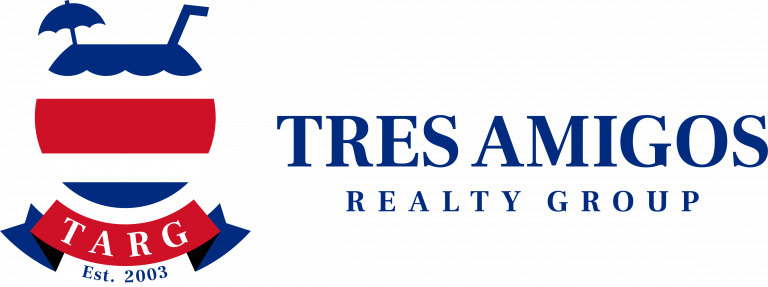Deciding whether to own property in Costa Rica under your personal name involves various legal considerations that should be thoroughly analyzed. Here's an extensive overview from a legal perspective:
-
Legal Structure
In Costa Rica, individuals have the option to own property either personally or through a legal entity such as a corporation or a trust. Each option comes with its own set of legal implications.
-
Personal Ownership
Advantages:
- Simplicity: Owning property under your personal name is straightforward and requires minimal paperwork.
- Control: You have direct control over the property and its management decisions.
- Tax Benefits: Depending on your personal tax situation, you may enjoy certain tax advantages when owning property personally, such as deductions or exemptions.
Disadvantages:
- Liability: In the event of legal disputes or debts, your personal assets may be at risk since there's no legal separation between you and the property.
- Inheritance: Transfer of ownership upon death may be subject to complex probate procedures, potentially leading to delays and legal expenses.
- Privacy: Ownership details are publicly accessible, potentially exposing you to privacy concerns.
-
Corporate Ownership
Advantages:
- Limited Liability: Holding property through a corporation can protect your personal assets from legal claims against the property.
- Estate Planning: Ownership transfer can be smoother and more private through corporate structures, reducing probate complexities.
Disadvantages:
- Compliance Requirements: Corporations are subject to regulatory requirements, such as annual filings and tax obligations, which may involve additional costs and administrative burdens.
- Complexity: Setting up and maintaining a corporation entails legal and administrative processes that require professional guidance and ongoing management.
- Corporate Veil Piercing: In certain circumstances, courts may disregard the corporate entity and hold shareholders personally liable, especially if the corporation is deemed to be a mere alter ego of its owners.
-
Trust Ownership
Advantages:
- Asset Protection: Trust ownership can offer a high level of asset protection, shielding the property from personal liabilities and creditors.
- Privacy: Trust ownership can provide confidentiality since trust documents are generally not publicly accessible.
- Estate Planning: Trusts allow for efficient and private transfer of property upon death, potentially avoiding probate.
Disadvantages:
- Legal Complexity: Establishing and maintaining a trust involves legal complexities and ongoing administrative requirements, often necessitating professional assistance.
- Limited Control: Depending on the terms of the trust, you may have limited control over the property, as trustees manage the assets on behalf of beneficiaries.
- Tax Implications: Trusts may have specific tax implications, and professional advice is essential to ensure compliance with tax laws.
-
Legal Advice
Given the complexities and implications involved, it's crucial to seek qualified legal advice from attorneys experienced in Costa Rican property law and estate planning.
Legal professionals can assess your specific circumstances, objectives, and risk tolerance to recommend the most suitable ownership structure for your Costa Rica property.
In conclusion, the decision on how to own property in Costa Rica should be made after careful consideration of the legal, financial, and practical factors outlined above, in consultation with legal experts. Each ownership structure has its own advantages and disadvantages, and the optimal choice will depend on your individual circumstances and priorities.






